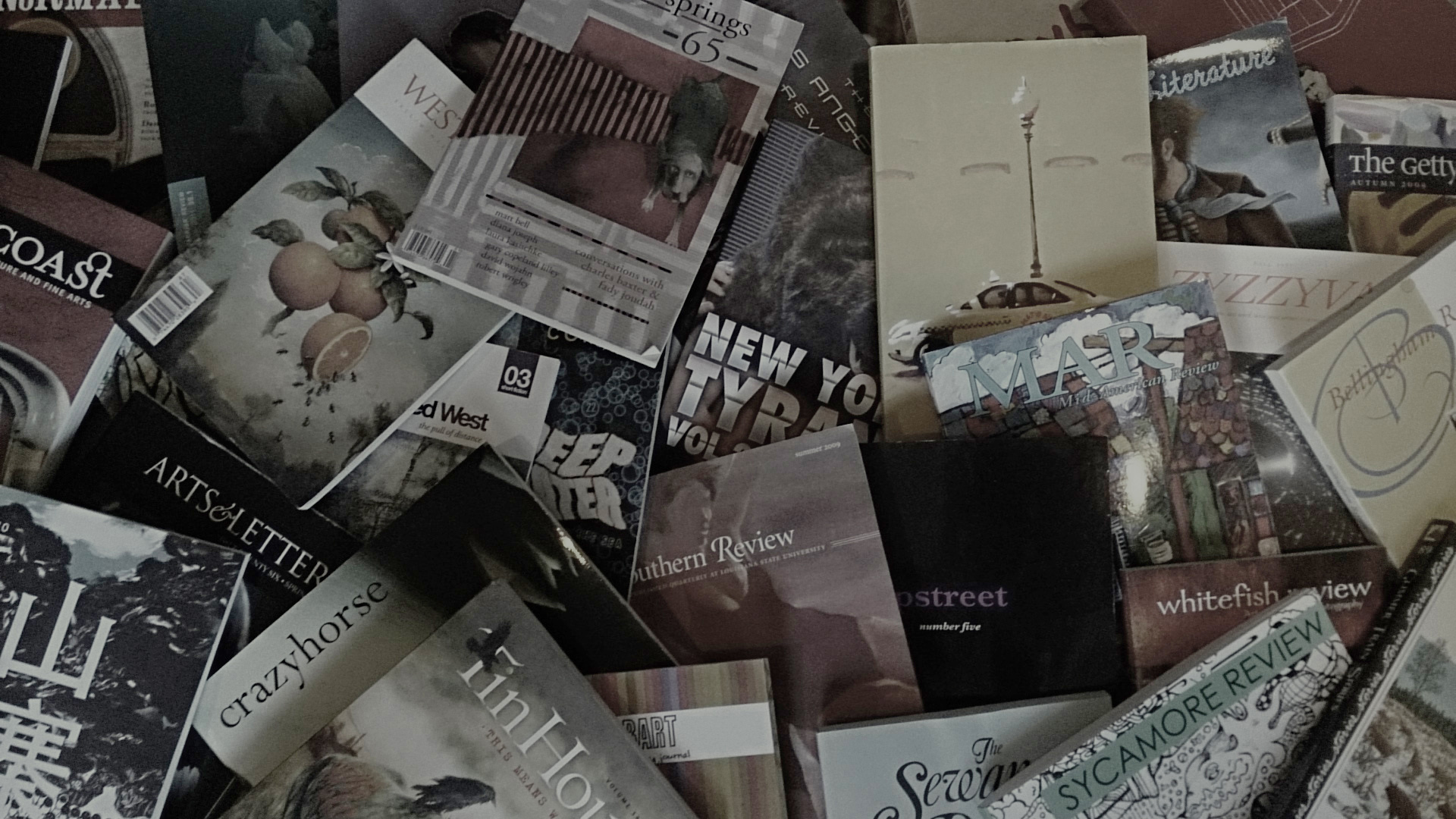The Best Short Story I Read in a Lit Mag This Week: “Raised by Humans” by Christopher Knapp
Anyone who has owned a cat has at some point looked on it with envy as it slumbered peacefully through the day. How are they so comfortable in their own skin? So clear in purpose, while we humans struggle so mightily to know who we are and what we should do? “Raised by Humans” (New England Review), Christopher Knapp explores the more difficult questions of human identity and animal nature through a young girl and looming pack of wolves.
Knapp begins with ten-and-a-half year old Clemmie having a realization, brought on by her town’s surging deer population. She sees them alive—and dead—most everywhere.
“Up to now she’s never thought of the danger animals present to her personally. She has a working knowledge of such words as trample, maul, swarm, impale, but she’s never imagined in her own life they would pertain.”
This realization is one of mortality and physical violence, but also that of language’s inability to capture reality. Words fall short, and as a result, different narratives attempting to capture the reality begin to compete for domination. Knapp shows this when his father claims to have seen a pack of wolves in Oneonta, a town in upstate New York.
“You saw a pack of coyotes,” her brother says. “If you saw anything.”
“That’s what the gas station guy said. I said fuck you, these were wolves. These were big animals. I’d been driving for like three days at that point, Saint John and back, Nashua and back, up past Oneonta now.”
The terms of reality that the family does agree on is, Knapp writes, is that Clemmie has the “eyes of a wolf.” Implied: Clemmie is opposite of her doe-eyed friend Sonia (a classic beauty compared often to a movie star named Tell). Clemmie is also more edgy and aggressive—predatorial—and as such is the odd one of the family, who’s described at one point as a “herd.”
But what does it mean to be predator? What does it mean to be prey? Knapp complicates these dualities. First he shows a tender, homosocial-bordering-on-homosexual moment between Sonia and Clemmie. Next, he follows it up with a note written to Clemmie from Sonia, predicting Clemmie’s future with a fifth-grade boy they both have shown attraction to (and who seems interested in Clemmie).
“You marry Hayden at the end of a dock. You marry Hayden beneath a waterfall. Hayden takes you to Europe, Hayden takes you sailing. Hayden buys you a horse to ride. Thirteen babies, pets galore. You will live in California.”
So is Clemmie the predator or the prey? Will she end up with Sonia, or Hayden? In the end, these questions looming, Clemmie walks outside to the forest in the dead of night.
“… A feeling like the last moments before sleep, a manner of fear but not entirely unpleasant. Over the crest of a low hill to the north, motion. Not in their customary file but in rank formation. Their shoulders turning, muscles, loping. Tongues. Blood on them. Both larger and smaller than the wolves that exist inside her. It seems impossible that they don’t have thoughts. Strong jaws, a low and steady growl that issues as one thing. Something beyond animus, or hunger. Their own breath condensing. Their eyes shine. Whether they see her. Whether to run, whether it matters. Clemmie breathes. Standing slowly. Soon she is among them.”
As suggested by her moving towards the pack of wolves, which echo the own pack of wolves in her heart, Knapp is more interested in the direction Clemmie is moving than the destination it will lead her towards. In “Raised by Humans,” questions of identity are complicated by outside voices—family, friends—only to find their true direction from within.



